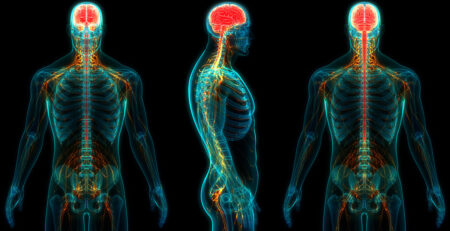Re-thinking Aging and Mental Health
What do you think of when you hear the words “aging and mental health?” What types of images pop up in your mind? Depression, loneliness, anxiety and fear of dying? If this is what comes to mind … think again!
There is no arguing that aging brings certain physical and emotional challenges. Despite this, growing older brings unique developmental opportunities and extraordinary contributions.
Neuroscientist and cognitive psychologist, Dr. Daniel J. Levitin, provides scientific evidence that older adults and seniors are:
- highly engaged
- wise
- cognitively flexible
- emotionally resilient
- creative
Approximately 20% of older adults experience some type of mental or emotional issue including:
- Depression
- Dementia
- Anxiety
- Substance abuse
Even though some of these conditions may be diagnosed in later life, the vast majority of older adults live their lives with meaning, purpose and joy. According to the CDC, almost 95% of adults 50 years of age and older report being satisfied or very satisfied with their lives. Another 90% report they receive adequate services which are associated with a reduction in risk in emotional problems.
A growing movement known as “Positive Aging” is making a real difference in the lives of countless older adults and seniors. It involves the mindset that life at any age will bring challenges. But, meaning, purpose and drive continue throughout the entire lifespan.
Older adults continue to thrive, grow and enjoy life. A recent US study showed that people are their happiest at age 82! For older adults, their children and caretakers, I encourage them to look into the various Positive Aging recommendations available.
The bottom line is that mental and emotional problems are not part of the normal aging process. Growing old and becoming demented or depressed is a myth. But if older adults do need emotional help, studies show that they respond just as well to therapy as younger and middle-aged adults.











